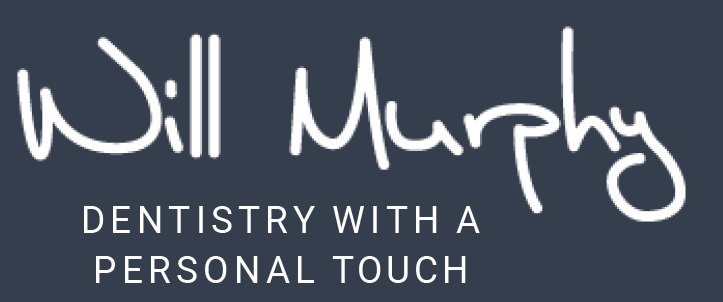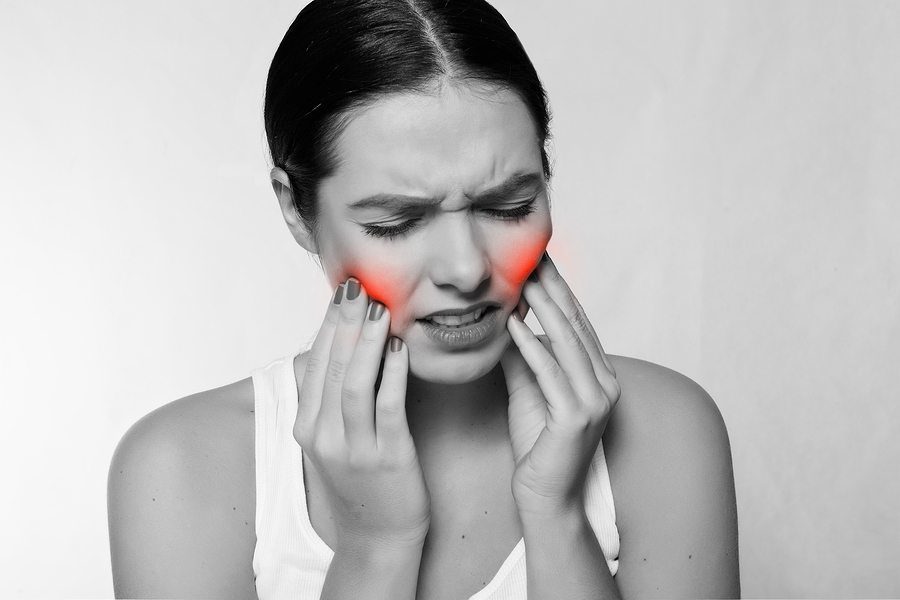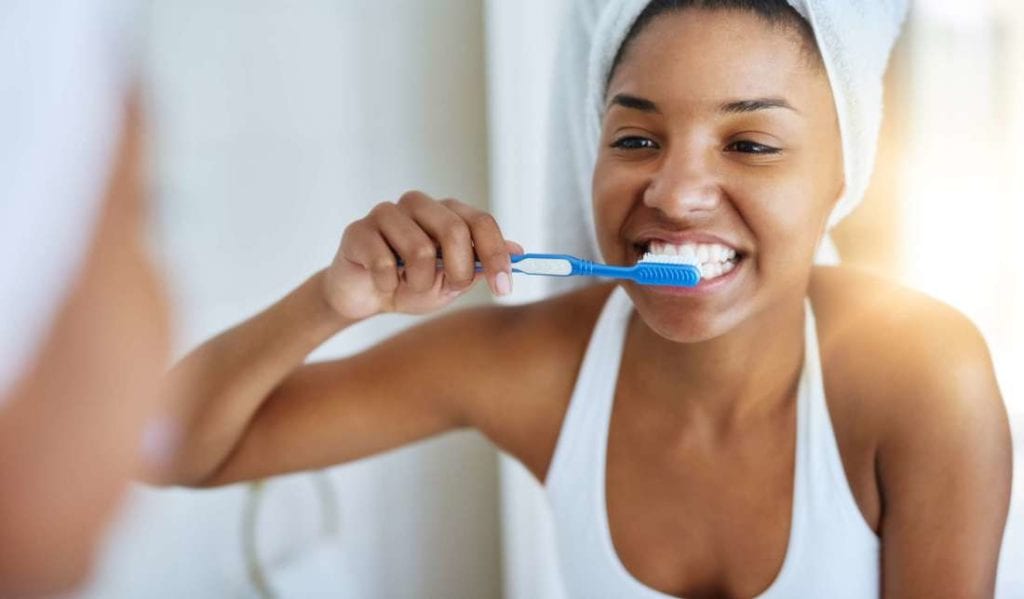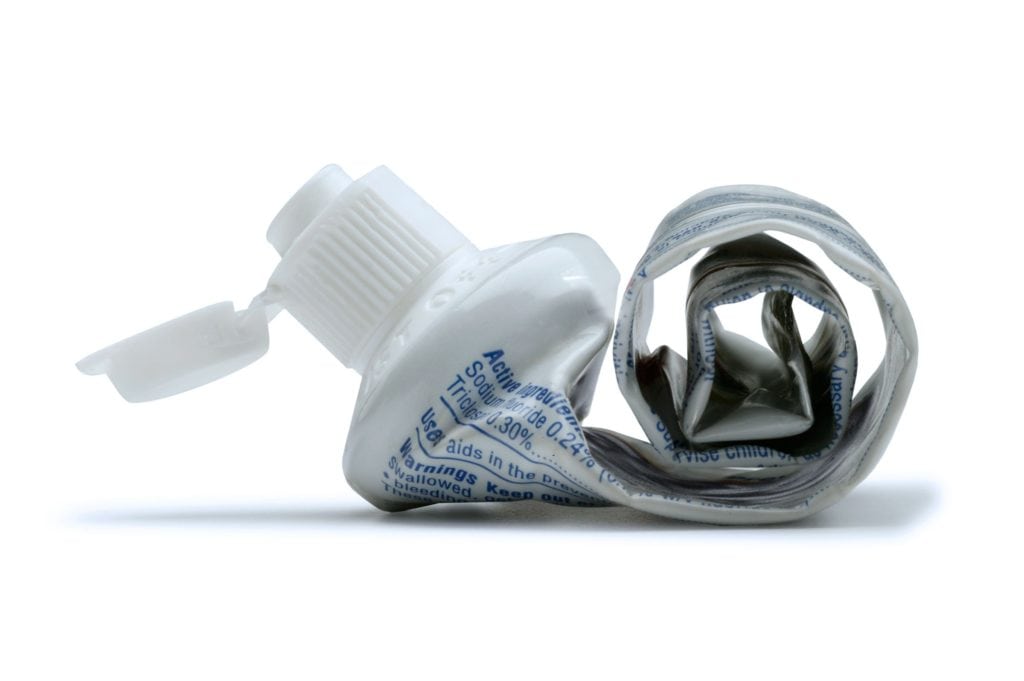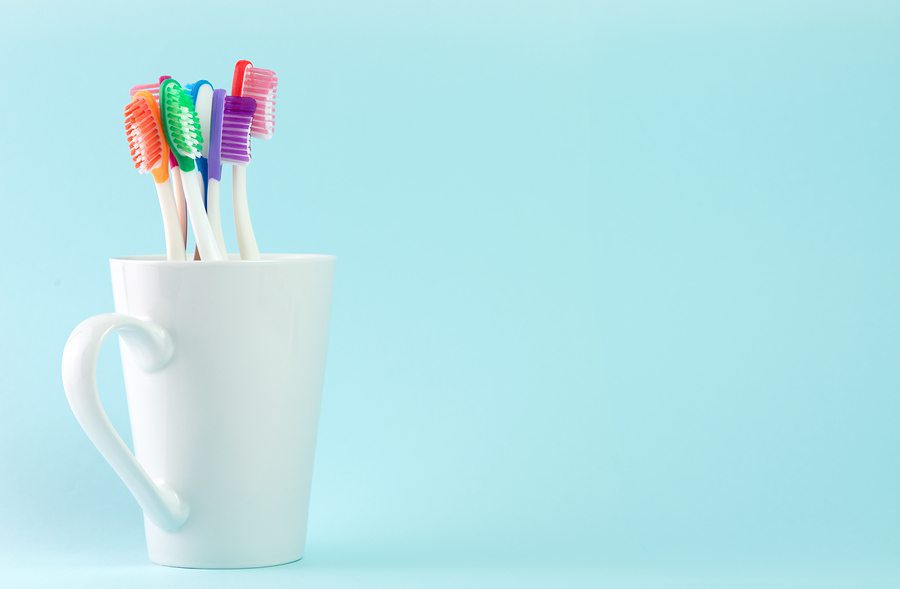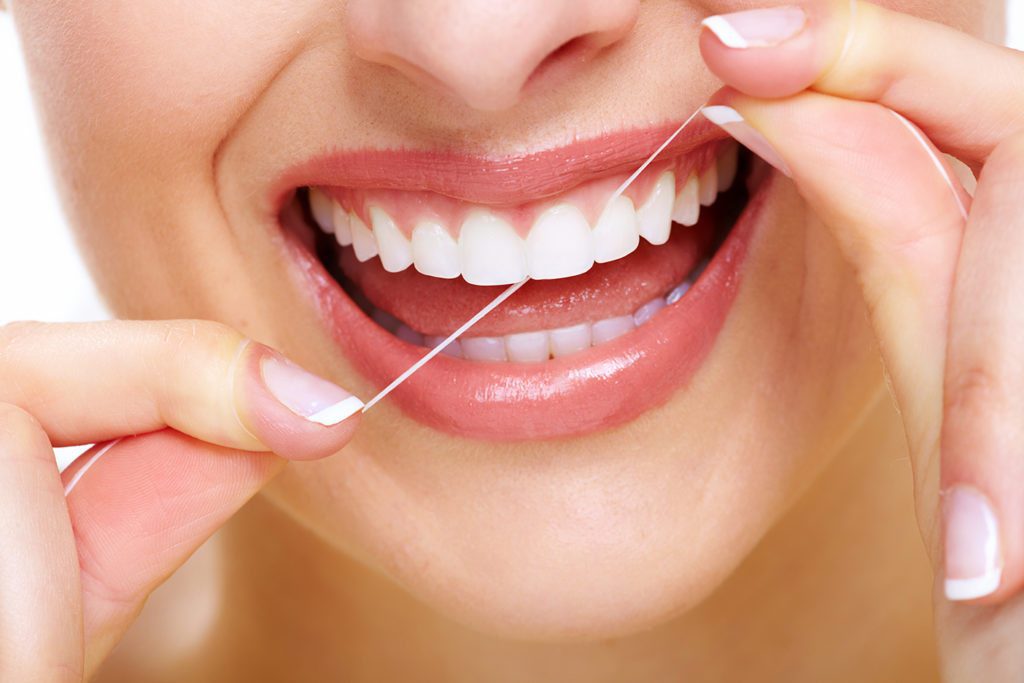With the surgery closed we understand that you might experience a dental problem that may need some attention.
Below we have put together some of the common problems that you may be suffering and how you could self manage them during the COVID-19 crisis.
Should your need any further assistance please contact us on info@willmurphydentistry.co.uk and we will get back to you as soon as possible.
From us all at the surgery we look forward to seeing you as soon as we reopen. We will update the situation and when we may reopen again on social media and on our website.
Toothache
If the tooth is extremely sensitive to hot or cold antibiotics will not help. The decay must be removed and filled.
These home measures may help make the symptoms manageable until care can be accessed. Good cleaning with fluoride toothpaste and reducing sugar intake will help stop the decay from getting worse.
- If there is a hole in the tooth, or a tooth has cracked and is now sensitive / sharp, a temporary filling can be packed into the space, these are widely available at supermarkets and pharmacies: Look for brands such as Dentek, Tooth-Fil and Refil-it.
- Desensitising / sensitive toothpaste like ‘Sensodyne Repair & Protect’ can help. Rub toothpaste directly on the affected area and do not rinse afterwards.
- Anaesthetic gel such as ‘Orajel’ can help ease pain.
Lost Crown
If you lose a crown at this time below are the steps you should take.
- Clean and check the crown. If the crown is mostly hollow, you can attempt to re-cement it at home if you feel confident to do so
- Remove any debris from the crown, you can use something like the tip of a paperclip to scrape the old cement away. Clean your tooth thoroughly. All debris must be removed from the crown and the tooth to seal properly.
- Check the crown fits without cement. Check the bite feels correct, is the tooth feels too tall, it is not fitted correctly, double check for debris. NEVER force a crown or post onto or into your tooth, this can cause the root to fracture. If you cannot get the crown to fit, keep the tooth as clean as possible and wait to see us at the surgery.
- Crowns should be replaced using a dental cement from a pharmacy like Recapit. DO NOT USE SUPERGLUE to fit your crown.
- Once you have practiced placing the crown, dry the tooth and crown, mix the cement as instructed on the packet and fill the crown. Place the crown directly onto the tooth. BITE FIRMLY to press into place.
- Remove any extra cement with a toothpick and floss between your teeth to make sure they do not stick together.
Wisdom Teeth
Wisdom tooth pain is usually due to inflammation of the gum over the erupting tooth, which can be worsened by trauma from bitting.
Most Flare ups can be managed with good home care and should settle in a few days to a week
- Thorough cleaning, even if it is painful to brush, the area must be kept clean to encourage healing
- Corsodyl mouthwash, used in short term for maximum of a week, may cause staining.
- Soft diet will reduce trauma from biting
- Painkillers. Ibuprofen or paracetamol may be used always remember to follow the instructions on the packet
- Rinse your mouth with a warm salty mouthwash
If you have difficulty swallowing, swelling in your face or cheek or opening your mouth please call us at the surgery. You may need antibiotics if the infection is spreading.
Pain or Bleeding After an Extraction
Continue to take regular painkillers for several days after the extraction, it is normal for the pain to be at its worst at day 3-4.
Unfortunately we cannot provide antibiotics for pain after an extraction unless infection is present. We also cannot prescribe antibiotics over the phone without seeing you in person.
Some pink spit / oozing is normal after an extraction, but if the socket is bleeding freely, bite hard on gauze or a clean hankie for 20 minutes. If the bleeding has not stopped please call us at the surgery.
If you smoke or rinse too soon after an extraction you risk a dry socket. This can be very painful and regular painkillers are unlikely to be effective. You should call us at the surgery to arrange an emergency appointment. Antibiotics will not solve this as a dressing is needed to cover the exposed bone.
Bleeding gums
Bleeding from gums is not a dental emergency.
Bleeding gums are usually due to gum disease and will not stop until brushing improves. Brush twice a day with fluoride toothpaste for 2 minutes, concentrating especially on the areas that are bleeding. Use floss or Tepe brushes to clean between your teeth every day.
Ulcers
Although painful, most ulcers will heal within 7-10 days. Non healing ulcers /oral lesions present for more than 3 weeks should be assessed by a doctor or by us at the surgery as soon as permitted.
- Rinse your mouth with a warm salty mouthwash
- Thorough cleaning even if it painful to brush the mouth must be kept clean to encourage healing and prevent more ulcers forming. Be gentle and use a soft / baby toothbrush
- Use Difflam (Benzadamine) spray or mouthwash as needed.
- Eat a soft diet, soft food will reduce trauma from biting
- Painkillers such as ibuprofen or paracetamol can be taken but please follow the instructions on the packet.
- Corsodyl mouthwash, used in short term for maximum of a week, may cause staining.
- If you have rubbing dentures, denture adhesives like Fixodent may help secure a loose denture. Any sharp edges can be removed using an emery board. Remove dentures when possible if causing trauma.
Painkillers
Anti-inflammatories like ibuprofen can help reduce sensitivity from teeth. Combining paracetamol and ibuprofen has also been shown to be effective.
There is currently no strong evidence that drugs like ibuprofen can make COVID-19 worse.
If you have no coronavirus symptoms carry on taking ibuprofen as normal.
So until there is more information, take paracetamol to treat symptoms of coronavirus, unless your doctor has told you paracetamol is not suitable for you. (Updated: 20//03/2020)
PLEASE NOTE: Painkillers should always be taken in accordance with instructions on the packet. Taking too many tablets or taking medications incorrectly will not improve your symptoms and can cause serious stomach and liver injury which can be life threatening.
What Counts as a Dental Emergency
Urgent Dental Treatment
- Facial swelling extending to eye or neck
- Bleeding following and extraction that does not stop after 20 mins solid pressure with a gauze/ clean hankie. A small amount of oozing is norma, just like if you had grazed your knee.
- Bleeding due to trauma
- Tooth broken and causing pain or tooth fallen out
- Significant toothache preventing sleep, eating associated with significant swelling or fever that cannot be managed with painkillers.
Straight to A&E
- Facial swelling affecting vision or breathing, preventing mouth opening more than 2 fingers width
- Trauma causing loss of consciousness double vision or vomiting.
Non-Urgent
- Loose or lost crowns (see section on lost crowns), bridges or veneers
- Broken, rubbing or loose dentures
- Bleeding gums
- Broken, loose or lost filling
- Chipped teeth with no pain
- Loose orthodontic wires
Following recent guidance from NHS England and the Department of Health, dental practices have been advised to stop aerosol spreads and prioritise urgent treatment where possible.
As well as reducing risk to staff and patients, this will also prevent unnecessary travel in an attempt to reduce virus transmission. This information aims to advise people in pain who still need to access care and support people in managing minor symptoms at home.
If You Need to Access Emergency Care
- Have you or anyone in your house been self isolating?
- Do you have any symptoms?
- High temperature or continuous cough?
If yes to any of the above, CALL 111. They will direct you to an emergency facility with appropriate protective equipment which will allow staff to treat you safely.

